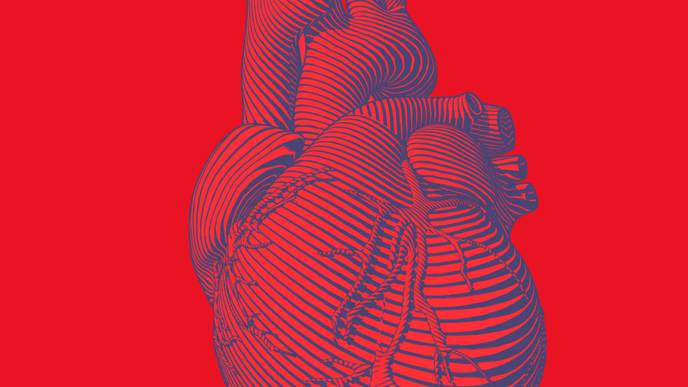ReachMD
Be part of the knowledge.™Transplant Recipients Age Faster with Older Organs

Most organ transplantations involve supply from older donors to younger recipients. Aging cells can become senescent, a condition in which they stop multiplying and secrete chemicals that negatively affect neighboring cells. Senescent cells accumulate in older donor organs, and have the potential to compromise transplant outcomes.
A study led by researchers from Brigham and Women's Hospital, a founding member of the Mass General Brigham healthcare system, found that in preclinical models, transplanting older organs can trigger senescence in younger recipients. They observed that young and middle-aged mice that received heart transplants from older mice had impaired physical capacity, with reduced running times and grip strengths. Middle-aged mice who received older hearts also showed increased anxiety-related behavior, impaired memory and poorer learning performances.
The authors found that these accelerated aging-related effects in younger recipients were driven by the release of senescence-associated factors and mitochondrial DNA from older transplants. Treating older donor mice with senolytics, or senescence-inhibiting drugs, before organ extraction reduced symptoms of senescence in the recipient mice.
"Currently, due to insufficient supply in clinical organ transplantation, donor and recipient ages differ substantially," said principal investigator Stefan G. Tullius, MD, PhD, of the Division of Transplant Surgery. "Our results suggest that senolytic treatments can be a potential therapeutic approach for improving the outcomes of older organs."
/Public Release. This material from the originating organization/author(s) might be of the point-in-time nature, and edited for clarity, style and length. Mirage.News does not take institutional positions or sides, and all views, positions, and conclusions expressed herein are solely those of the author(s).View in full
here.
Facebook Comments